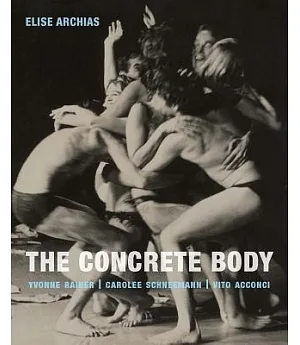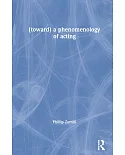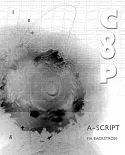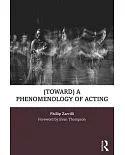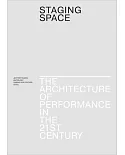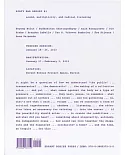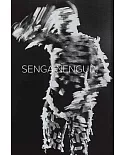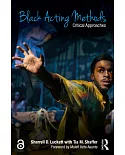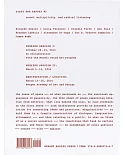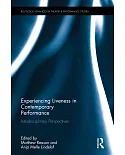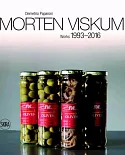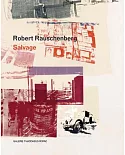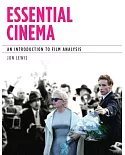Offering an incisive rejoinder to traditional histories of modernism and postmodernism, this original book examines the 1960s performance work of three New York artists who adapted modernist
approaches to form for the medium of the human body. Finding parallels between the tactility of a drip of paint and a body’s reflexive movements, Elise Archias argues convincingly that Yvonne
Rainer (b. 1934), Carolee Schneemann (b. 1939), and Vito Acconci (b. 1940) forged a dialogue between modernist aesthetics and their own artistic community’s embrace of all things ordinary
through work that explored the abstraction born of the body’s materiality. Rainer’s task-like dances, Schneemann’s sensuous appropriations of popular entertainment, and Acconci’s
behaviorist-inflected tests highlight the body’s unintended movements as vital reminders of embodied struggle amid the constraining structures in contemporary culture. Archias also draws
compelling comparisons between embodiment as performed in the work of these three artists and in the sit-ins and other nonviolent protests of the era.

